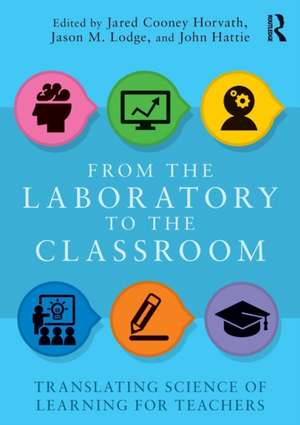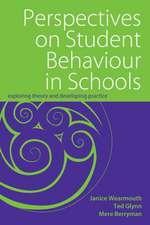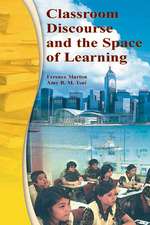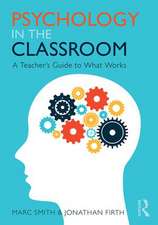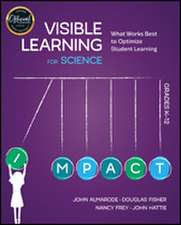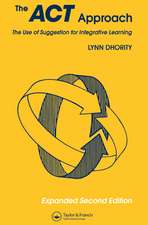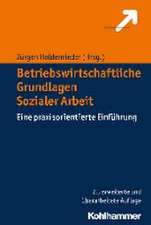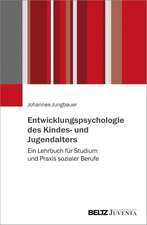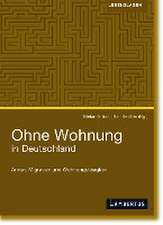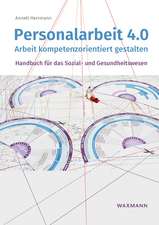From the Laboratory to the Classroom: Translating Science of Learning for Teachers
Editat de Jared Horvath, Jason Lodge, John Hattieen Limba Engleză Paperback – 10 aug 2016
From the Laboratory to the Classroom aims to consolidate information from many different research disciplines and correlate learning principles with known classroom practices in order to establish explanatory foundations for successful strategies that can be implemented into the classroom. It combines theoretical research with the diverse and dynamic classroom environment to deliver original, effective and specific teaching and learning strategies and address questions concerning what possible mechanisms are at play as people learn. Divided into five sections, chapters cover:
- A Framework for Organizing and Translating Science of Learning Research
- Motivation and Attention as Foundations for Student Learning
- Memory and Metamemory Considerations in the Instruction of Human Beings
- Science of Learning in Digital Learning Environments
- Educational Approaches for Students Experiencing Learning Difficulties and Developmental Characteristics of Gifted Children
- Brain, Behaviour and Classroom Practice
- Forging Research/Practice Relationships via Laboratory Schools
| Toate formatele și edițiile | Preț | Express |
|---|---|---|
| Paperback (1) | 460.64 lei 6-8 săpt. | |
| Taylor & Francis – 10 aug 2016 | 460.64 lei 6-8 săpt. | |
| Hardback (1) | 1336.46 lei 6-8 săpt. | |
| Taylor & Francis – 8 aug 2016 | 1336.46 lei 6-8 săpt. |
Preț: 460.64 lei
Nou
Puncte Express: 691
Preț estimativ în valută:
88.16€ • 91.69$ • 72.78£
88.16€ • 91.69$ • 72.78£
Carte tipărită la comandă
Livrare economică 14-28 aprilie
Preluare comenzi: 021 569.72.76
Specificații
ISBN-13: 9781138649644
ISBN-10: 1138649643
Pagini: 324
Ilustrații: 22
Dimensiuni: 174 x 246 x 18 mm
Greutate: 0.57 kg
Ediția:1
Editura: Taylor & Francis
Colecția Routledge
Locul publicării:Oxford, United Kingdom
ISBN-10: 1138649643
Pagini: 324
Ilustrații: 22
Dimensiuni: 174 x 246 x 18 mm
Greutate: 0.57 kg
Ediția:1
Editura: Taylor & Francis
Colecția Routledge
Locul publicării:Oxford, United Kingdom
Public țintă
Postgraduate, Professional, and UndergraduateCuprins
Introduction Section 1: The How and Why of Science of Learning 1. A Framework for Organizing and Translating Science of Learning Research 2. Teaching for Good Work, Teaching as Good Work Section 2: Domain General Issues and Classroom Strategies 3. Motivation and Attention as Foundations for Student Learning 4. Memory and Metamemory Considerations in the Instruction of Human Beings Revisited: implications for Optimizing Online Learning 5. The Benefits of Interleaved Practice for Learning 6. Improving Student Learning: Two Strategies to make it Stick 7. Science of Learning and Digital Learning Environments Section 3: Domain Specific Issues and Classroom Strategies 8. Aligning Neuroscience Findings with Socio-Cultural Perspectives on Learning in Science 9. Supporting Students’ Learning with Multiple Visual Representations 10. Investigating Dyscalculia: a Science of Learning Perspective 11. Learning to Read: the Science of Reading in the Classroom Section 4: Special Student Groups Developmental Characteristics of Gifted Children: Educational Approaches 13. Educational Approaches for Students Experiencing Learning Difficulties Section 5: Looking Ahead – The Future of Educational Research 14. Neuroscience Research and Classroom Practice 15. Laboratory Schools: Bridging Theory, Research and Practice to Improve Education
Descriere
Over recent years the field of educational neuroscience has increased dramatically. Unfortunately, despite claims that this work is impacting education, very little makes it into teacher practice. Although the reasons for this are varied, a primary one concerns the lack of a proper translation framework. From the Laboratory to the Classroom gathers an international team of experts and is the first book to present a coherent framework for the vital translation of laboratory research for educational practice. This field shifting work will apply this framework to a number of different educational domains and suggest concrete ways to apply current scientific findings to everyday practice.
